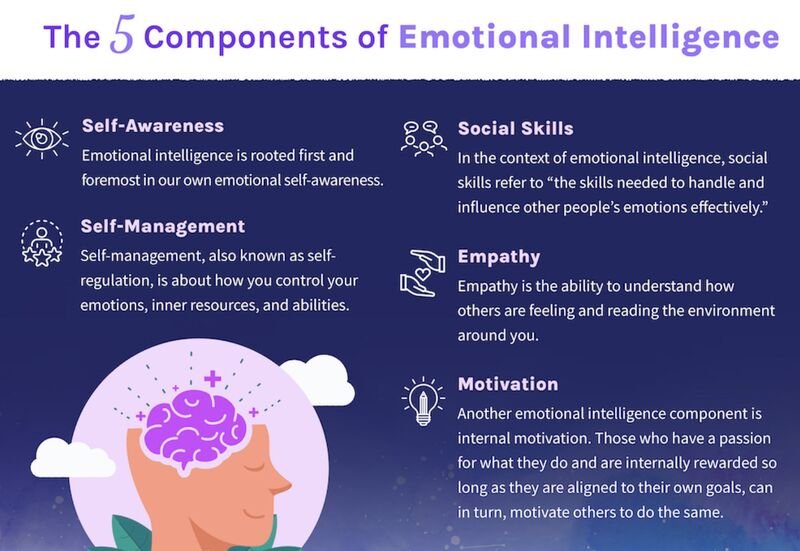Emotional Intelligence in Healthcare Leadership: A Key to Unlocking Potential
#HealthcareLeadership #EmotionalIntelligence #PatientEngagement
In the dynamic world of healthcare, where pressure is constant and challenges are ever-evolving, there’s one skill that stands out as a beacon of hope for leaders: Emotional Intelligence (EI).
Having recently delved into an insightful article titled "Why Emotional Intelligence Matters for Healthcare Leaders," I was struck by the profound impact EI has on both employee and patient engagement. The article illuminates how EI, or Emotional Quotient (EQ), is not just a buzzword but a critical competency that healthcare leaders must embrace and cultivate.
👥 What is Emotional Intelligence?
It's the capacity to be aware of, control, and express one’s emotions, and to understand and influence the emotions of those around us. Unlike IQ, EQ can be developed and enhanced throughout our lives, making it a journey of continuous improvement for any leader.
🚩 Why Low EQ Can Be Detrimental
Leaders lacking in EI often create environments of resistance, demotivation, and inefficiency. They're the ones who inadvertently push high-performing employees away. In contrast, high-EQ leaders foster enthusiasm, patience, consistency, decisiveness, and warmth, drastically reducing staff turnover.
💡 The Five Components of Emotional Intelligence:
- Self-Awareness: Recognizing our emotions and strengths.
- Self-Management: Controlling our emotions and adapting to change.
- Social Skills: Influencing and engaging others effectively.
- Empathy: Understanding and responding to others’ feelings.
- Motivation: Being driven by internal rewards and inspiring others.
🌱 Cultivating Emotional Intelligence
As healthcare leaders, it's imperative to nurture both personal and social competence. This means being self-aware and resilient while managing relationships empathetically. Our ability to connect, support, and motivate our teams and patients hinges on these skills.
🎯 Practical Steps for Leaders
- Model positive attitudes and embrace vulnerability.
- Create healthy boundaries and practice self-care.
- Engage in active listening and communicate with empathy.
- Recognize and reward team members regularly.
In healthcare, where every decision and interaction can have profound implications, emotional intelligence isn't just beneficial; it's essential. It’s about leading with heart and mind, balancing empathy with effectiveness, and creating an environment where both staff and patients feel valued, understood, and cared for.
Let's commit to being leaders who not only excel in clinical skills but also in emotional intelligence, fostering a culture of empathy, understanding, and excellence in healthcare.
#emotionalintelligence #leadership #healthcare #thoughtleadership #peoplemanagement #socialskills #selfawareness #selfmanagement #empathy #motivation #hospital #clinic
